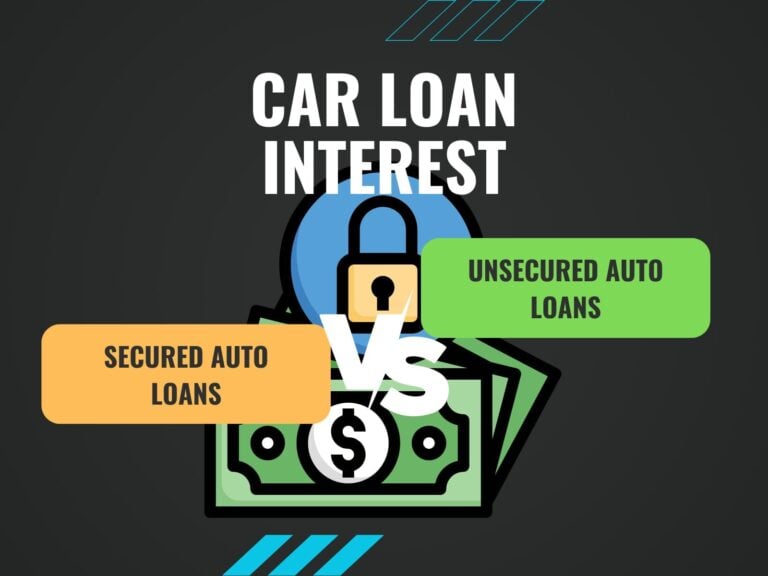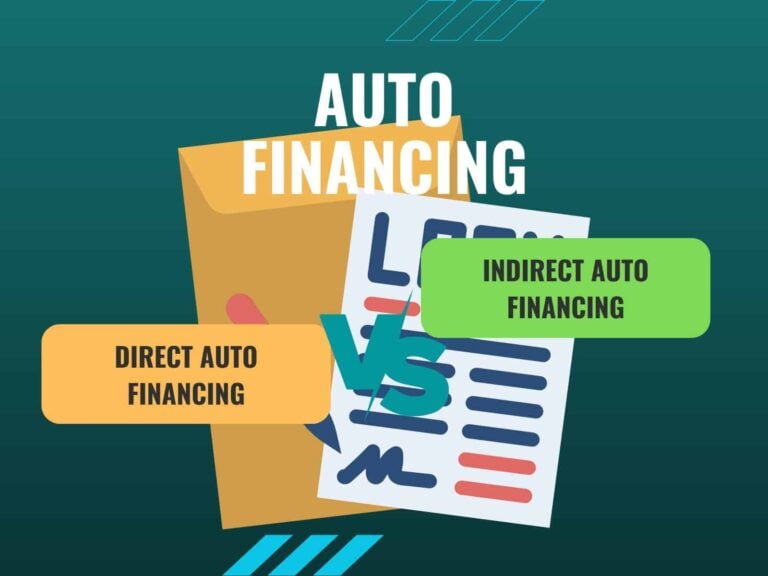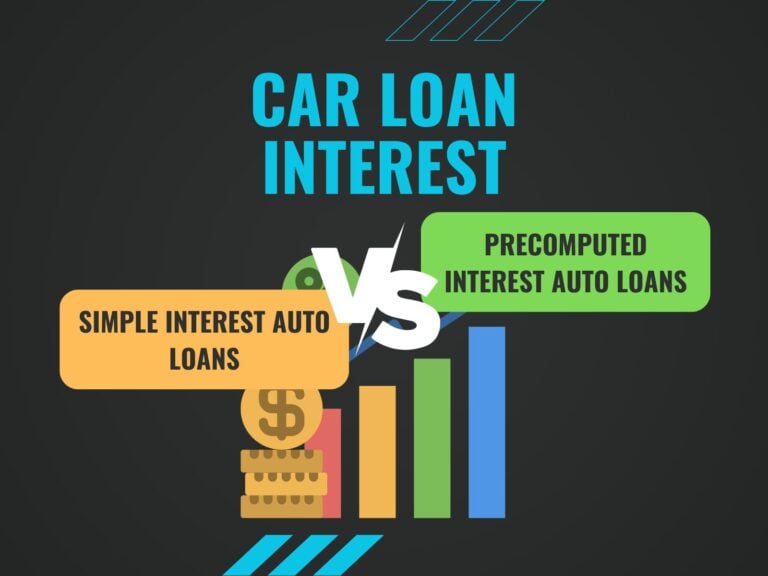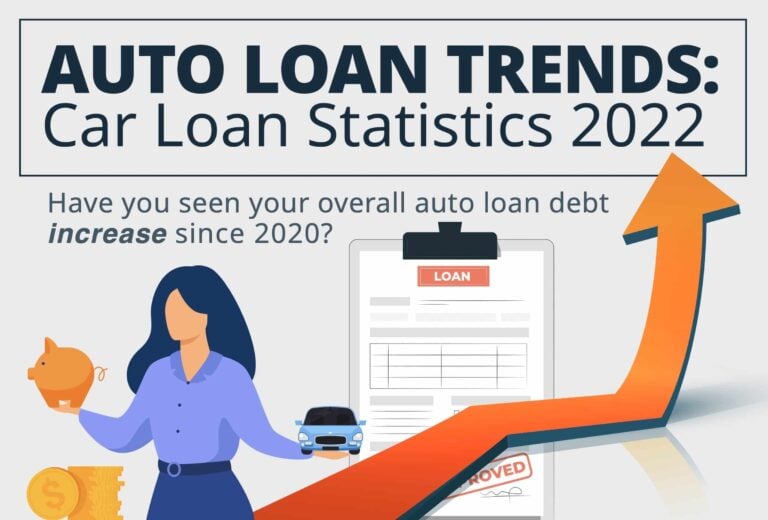New Mexico Debt Settlement
New Mexico ranks 36th in population in the United States, with the state home to 2,096,829 residents in 2018, despite the fact that its area of 121,592 square miles ranks it in the top five in the nation in terms of geographic size. This results in New Mexico having a low population density of 17.2 people per square mile, ranking it 46th in the country.
Relative to its population, New Mexico has the highest percentage of Hispanics and Latin Americans of any state, and the second highest percentage of Native Americans. New Mexico’s economy relies upon oil drilling, mineral extraction, farming, cattle ranching, lumber milling, retail and tourism. The U.S. military also has a significant presence within the state, including the White Sands Missile Range military testing center. Additionally, a number of national security agencies, including the Sandia and Los Alamos National Laboratories, perform significant research and testing.

The New Mexico state government also offers an elaborate system of tax credits that promote job growth and business investment in new technologies and for the state’s burgeoning film industry. New Mexico is now home to production hubs for NBC Universal and Netflix, that along with Albuquerque Film Studios, resulted in 94 productions being made in 2019.
The New Mexico economy generated a gross domestic product of $104.3 billion in 2018, ranking 38th in the nation. New Mexico is the third-largest crude oil and ninth-largest natural gas producer in the United States. Major petroleum and natural gas deposits are found in the Permian Basin in the southeast portion of the state, and in the San Juan Basin in the northwest.
Federal Government spending is a major driver of the state’s economy, with just over two dollars of federal government spending allocated for every dollar of state tax revenue collected – the highest ratio of any state. New Mexico is home to three air force bases, a missile testing range, an army proving ground and two major Federal technology labs, all of which contribute to military spending that accounts for approximately 12% of all state employment.
New Mexico is also one of the largest tax havens in the country, as the state offers numerous economic incentives and tax breaks on personal and corporate income. There also is no estate tax, inheritance tax or sales tax in New Mexico. However, New Mexico’s median household income level of $46,744 ranks 47th in the nation and is 26% lower than the national median household income level of $63,030. Meantime, in 2017, New Mexico’s poverty rate was second-highest among all states, at 19.7%, indicating that 347,000 households were living below the poverty line.
New Mexico Economic and Debt Statistics
According to the Bureau of Labor Statistics, New Mexico’s unemployment rate stood at 4.8% as of December 2019, significantly higher than the national unemployment rate of 3.5%. In terms of average household credit card debt, New Mexico ranks 17th in the nation, checking in at $7,952 – 14.9% less than the national average of indebted households of $9,333. Meantime, compared with the 2019 nationwide average FICO score of 703, the typical New Mexico resident’s 2019 FICO score checks in notably lower at 686, and ranks toward the bottom nationally, tied for ninth-lowest in the nation.
New Mexico Economic and Debt Statistics
According to the St. Louis Fed, as of Q4 2018, the New Mexico home ownership rate stood at 67.4%, somewhat higher than the national average of 64.8%, while a recent Experian report shows average mortgage debt of $160,967, a 0.7% decrease compared to the figure in 2018, ranking it 29th in the country. Meantime, according to Zillow, the median sales price for a home in New Mexico during 2019 was $206,353. Regarding student loans, data compiled by Experian in 2019 indicates that New Mexico shows an average student loan debt per student borrower of $33,610, up 8.8% from the previous year and up 32.8% from the level in 2014.
New Mexico Residents and Debt Settlement
If you are a resident of New Mexico and are currently burdened by high levels of unsecured debt – including credit card accounts, private student loans, unpaid medical bills and personal loans – the process of pursuing debt settlement may make sense for you. Debt settlement occurs when a debtor successfully negotiates a payoff amount for less than the total balance owed on a debt.
This lower amount is agreed to by the creditor or collection agency and is fully documented in writing. Ideally, this lower negotiated amount is paid off in one lump sum, but it can be paid off over time. Though creditors are under no legal obligation to accept debt settlement offers, negotiating and paying lower amounts to settle debts is far more common than many people realize.
New Mexico Consumer Debt Laws
Credit Card companies and other creditors are permitted to contact New Mexico residents directly regarding debts, particularly in a situation involving delinquent payments. However, debt collection agencies are required to comply with the the Federal Fair Debt Collection Practices Act (FDCPA), and are therefore prohibited from taking certain actions.
Under the FDCPA, collection agencies are prohibited from informing employers about a debt or attempting to collect a fee in excess of any debt owed. Debt collection agencies are also prohibited from communicating in a manner that simulates a judicial process or gives the appearance of a governmental action. Additionally, debt collection agencies are prohibited from contacting debtors or debtor family members at unusual hours or with a frequency that may be reasonably construed under the law as harassment or abuse.
Unfortunately, unlike many other states, New Mexico does not supplement the FDCPA with its own state-mandated fair debt collection practice act, and therefore leaves its residents somewhat vulnerable to predatory collections practices by original creditors. Therefore, New Mexico residents faced with abusive or harassing collection tactics are best protected under the FDCPA. However, the New Mexico Collection Agency Regulatory Act does place some restrictions on the amount of money that can be garnished when a debt collector obtains a court judgment related to the collection of consumer debt.
Wages can be garnished no higher than 75% of disposable earnings within a pay period, while up to $60,000 of equity in any dwelling or mobile home ($120,000 if the debtor is married), as well as up to $5,000 in motor vehicle equity, is exempt from collection.


New Mexico Statute of Limitations on Debt Collection
When sufficient time passes in a situation in which consumer debts have gone unpaid, a debt collector can lose the legal right to sue for non-payment. In New Mexico, the statute of limitations on debt collection varies according to the type of debt involved.
In New Mexico, for written contracts, the statute of limitations is six years. Oral contracts, accounts or promises have a statute of limitations of four years. Open accounts, including credit card accounts, have a statute of limitations of four years. Promissory notes have a statute of limitations of six years. For any time period, the clock begins ticking from the “date of default,” which is typically thirty days after the last payment was actually made.
Additionally, any written acknowledgment signed by the debtor or any payment on a debt serves as sufficient evidence to “re-set the clock” and cause the statute of limitations to start over. When debts remain unpaid prior to the statute time period elapsing in full, creditors maintain legal right to sue you for non-payment and are permitted to engage debt collection agencies who can make persistent attempts at collection, as long as they remain within the bounds of the FDCPA.
Debt Settlement - Do It Yourself?
Getting out of debt is never an easy process. If debt settlement is the right avenue for you to pursue, be honest with yourself. Decide whether you possess the background, strength and fortitude to negotiate directly with creditors yourself – or whether engaging the services of an experienced and reputable debt settlement company will serve your needs best.
Remember, the goal is to save the greatest amount of money and time while minimizing any ensuing damage to your credit score and profile. A reputable debt settlement company will provide a realistic estimate and time frame for making offers to your creditors that can ultimately result in settlements that save you significant amounts of money, time, and aggravation.
Contact us here at United Settlement, where our experienced credit counselors possess relationships with the major credit card lenders and a broad understanding of the debt marketplace. We can help you navigate these waters successfully.
Debt Resources & Additional Reading
Additional Related Insights & Articles







Debt Relief Reviews

Ready To Get Started?
See if you qualify for debt relief. Get a Free savings estimate to see how quickly you can be debt free.
Embrace financial freedom with our tailored solutions, expert guidance, and unwavering commitment to your success.
Experienced Professionals
Our experienced team has helped thousands of clients successfully eliminate debt and regain financial freedom.
Customized Solutions
We know every financial situation is different, so we design personalized debt relief plans to fit your specific needs and goals.
High Success Rate
Our proven debt relief strategies deliver real results. With a strong track record of success, we help clients achieve lasting financial stability.
Confidential Consultation
Your privacy is our priority. All debt relief consultations are 100% confidential and handled with the highest level of discretion.



